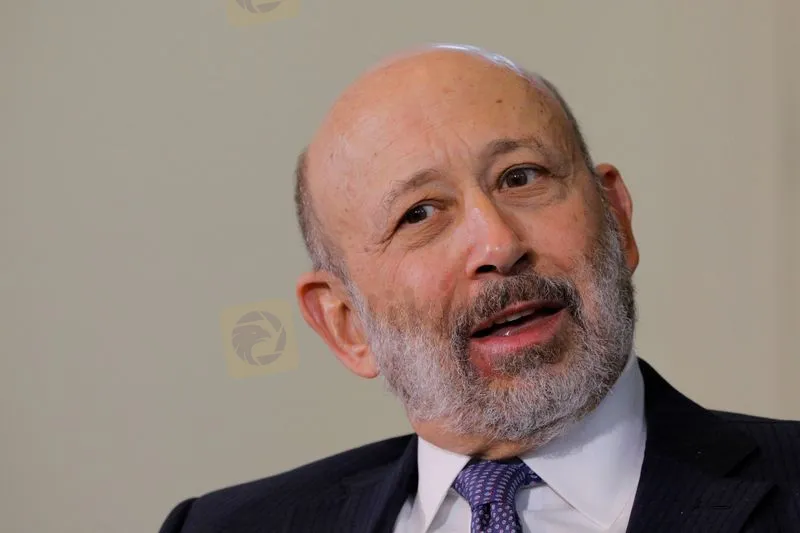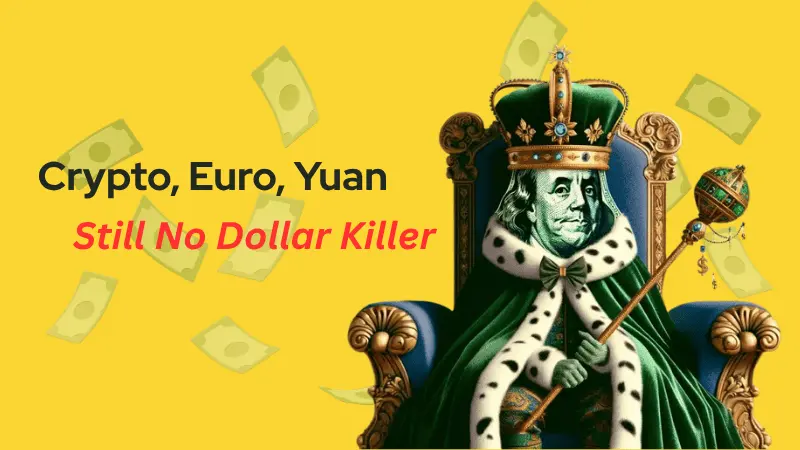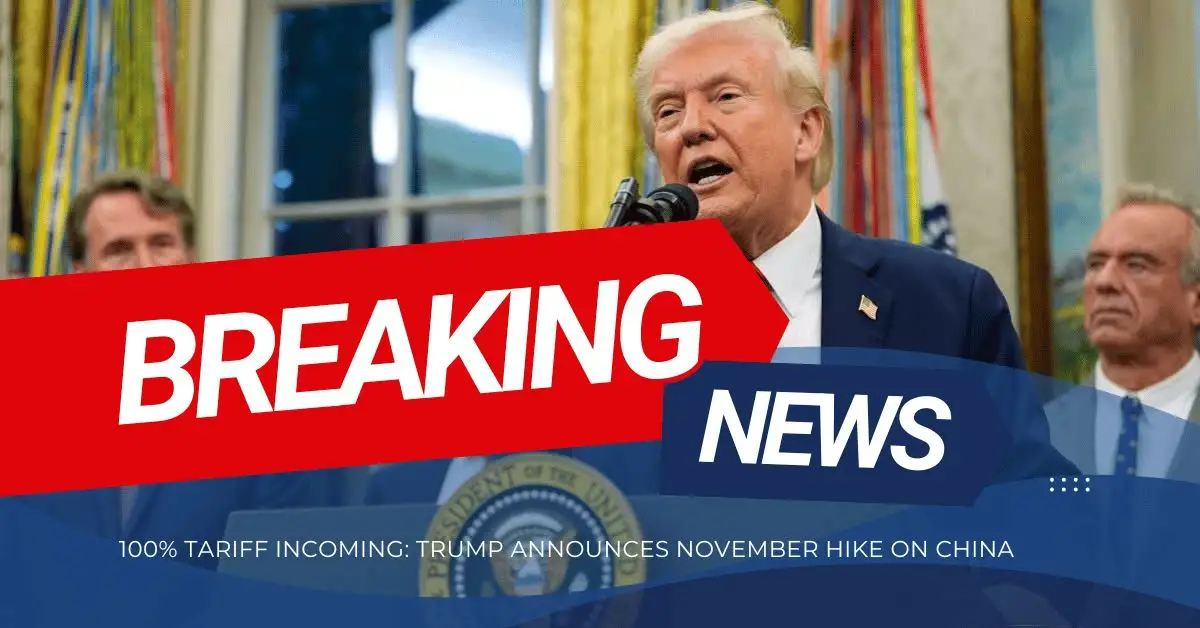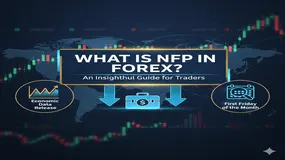Abstract:Former Goldman Sachs CEO Lloyd Blankfein believes the economy is at risk of possibly going into a recession

Former Goldman Sachs CEO Lloyd Blankfein said on Sunday he believes the economy is at risk of possibly going into a recession, as the U.S. Federal Reserve continues to raise interest rates to tackle rising inflation.
Speaking on “Face the Nation” on CBS, Blankfein said a recession is “a very, very high risk factor.”
“There's a path. It's a narrow path,” said Blankfein, who retired from Goldman Sachs several years ago and now holds the title of senior chairman.
“But I think the Fed has very powerful tools. It's hard to finely tune them, and it's hard to see the effects of them quickly enough to alter it, but I think they're responding well. It's definitely a risk.”
Last week, Federal Reserve Chairman Jerome Powell acknowledged that increasing interest rates will “include some pain,” but added that a far worse outcome would be for prices to continue spiking.
In March, the Fed approved a quarter-percentage-point rate increase. But some analysts say they fear policymakers have fallen too far behind to curb price increases without the sort of sharp rate hikes that might cause a recession.
Blankfein told CBS he agrees with Powell's assessment, and said some of the inflationary effects the economy is enduring now will be “sticky.” Please download WikiFX for more forex news.
“Overall for individuals, and certainly for individuals at the bottom quartile of the ... pie sharing, it's going to be quite difficult and oppressive,” he said.
Blankfein served as CEO at Goldman Sachs from 2006 through 2018, a tenure that included the tumultuous financial crisis that led the U.S. government to implement a bank bailout program.








